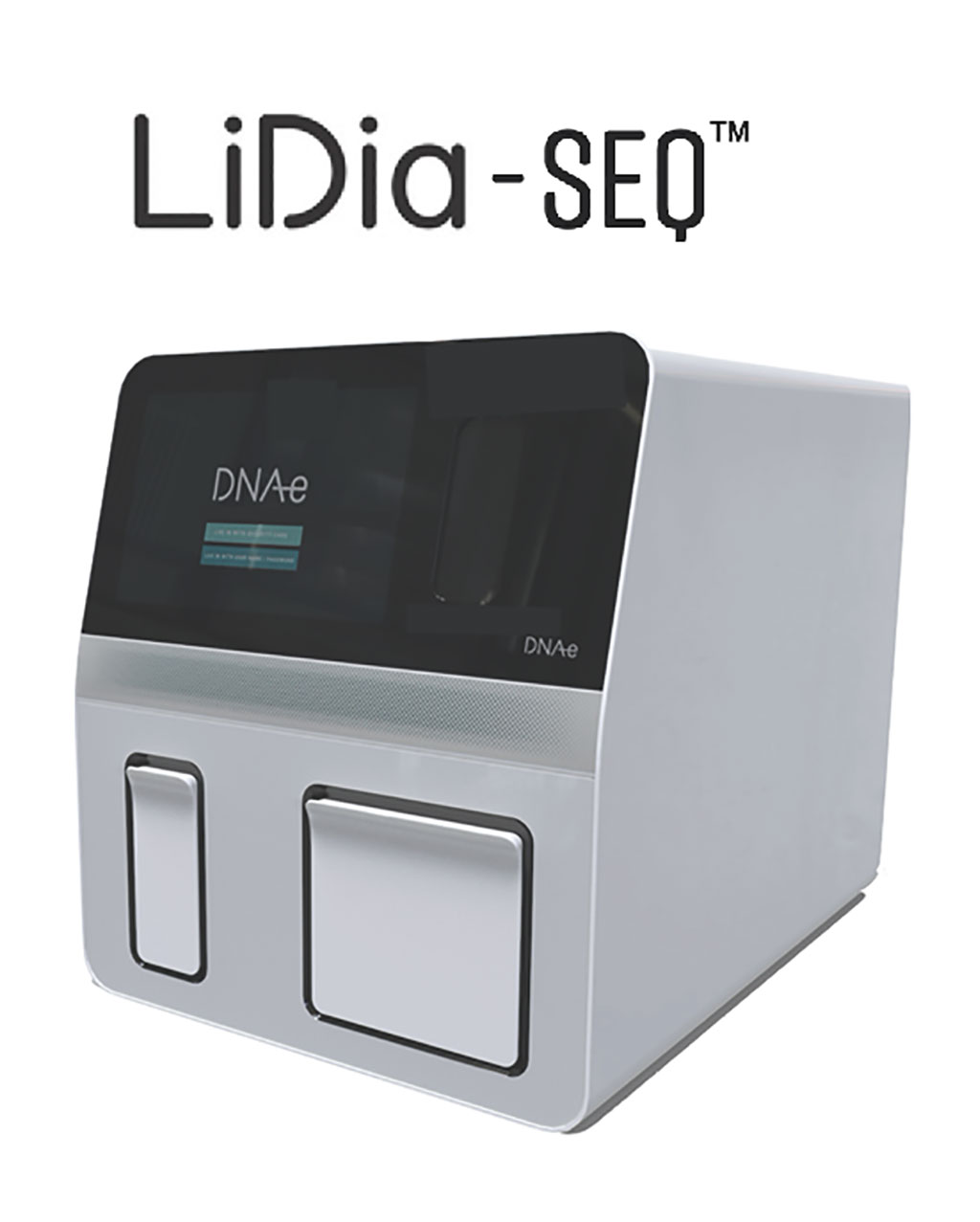Next Generation Sequencing (NGS)-Based Breast Cancer Monitoring Test Could Aid Timely Treatment Decisions
Posted on 28 Oct 2021
A next generation sequencing (NGS)-based diagnostic platform is being developed for use in cancer monitoring and could aid in the early detection of recurrent breast cancer.
DNA Electronics (DNAe; Carlsbad, CA, USA) along with the Imperial College London (London, UK) has been awarded a UK Knowledge Transfer Partnership (KTP) to support the development of its NGS-based diagnostic platform for use in cancer monitoring. This award formalizes a collaboration between DNAe and Professor Charles Coombes, Professor of Medical Oncology at Imperial. The work of the KTP will build on the existing research partnership between Professor Coombes and Professor Jacqui Shaw, Head of the Department of Genetics and Genome Biology and Professor of Translational Cancer Genetics at the University of Leicester.

The aim of the program is to develop a ‘liquid biopsy’ test based on DNAe’s proprietary “sample to answer” NGS technology, to directly detect and identify biomarkers and mutation hotspots that have been identified in earlier research. This will enable these markers to be used to monitor treatment and detect early recurrence of breast cancer. DNAe’s integrated, sequencing-based technology will bring genomic analysis to the point-of-need, enabling testing to move out of specialist laboratories and closer to the patient. By detecting and sequencing tumor DNA directly from raw blood samples in a matter of hours, DNAe’s platform has the potential to expose unresponsive or recurrent cancer earlier. This approach will enable clinicians to make timely treatment decisions rather than waiting days or weeks for sequencing results.
“Recognizing that October is Breast Cancer Awareness Month, we’re delighted to formally announce our collaboration with world experts Professors Coombes and Shaw who bring their extensive knowledge of using circulating tumor DNA to manage the treatment of breast cancers,” said Samuel Reed, CEO of DNAe. “Through this KTP award, we will be able to harness that deep expertise and combine it with our proven diagnostic technology. Together, we aim to develop a liquid biopsy platform that can deliver accurate and timely results for clinicians and their patients, providing the opportunity for early intervention and much-needed peace of mind.”
“Cancer monitoring is a vital component of successful treatment,” explained Professor Charles Coombes, Professor of Medical Oncology, Imperial, and Honorary Consultant Medical Oncologist, Imperial College Healthcare Trust. “Firstly, we need to ensure a patient’s tumor is responding to the therapy, and secondly, patients in remission must be monitored for signs of recurrence. The current monitoring options are slow, and any delays to appropriate cancer care can lower the chance of survival and increase treatment-associated problems and costs. Although we are at the early stages, I believe that DNAe’s integrated, sequencing-based platform could ultimately provide rapid, actionable information that saves patients’ lives.”
“This is an exciting collaboration with DNAe and Imperial, where we will combine our expertise to develop a rapid integrated liquid biopsy platform for management of patients with breast cancer,” added Professor Jacqui Shaw, Head of the Department of genetics and genome Biology, University of Leicester.
Related Links:
DNA Electronics
Imperial College London














